By Satyaki Chakraborty
Lee Jae Myung of majority Liberal Democratic Party was sworn in as the new President of South Korea after the National Election Commission declared him as the winner with 48.8 per cent of the votes polled in the presidential elections held on June 3. Lee’s main rival Kim Moon-soo of the conservative People Power Party got 42 per cent of the votes.
Lee took office immediately without a transition period, as the snap election was held on Tuesday to replace former South Korean President Yoon Suk-yeol, who was ousted over a failed bid to impose martial law. The political situation in South Korea in the last six months witnessed lot of convulsions leading to the June 3 election. The South Korean citizens are now relieved as the duly elected President has started functioning.
Lee delivered a victory address from the National Assembly on Wednesday, pledging to restore democracy, revive the economy, ensure public safety and pursue peace on the Korean Peninsula. He also called for national unity and an end to political division proposing to wipe out authoritarianism and reopen dialogue with North Korea for ensuring peace and security in the region.
Lee faces what could be the most daunting set of challenges for a South Korean leader in nearly three decades, ranging from healing a country deeply scarred by the martial law attempt to tackling unpredictable protectionist moves by the US, a major trading partner and security ally.
Lee, 61 who served as Governor of Gyeonggi province and Mayor of Seongnam city has been in active politics for long having a controversial career all along. As a former child labourer known for his inspirational rags-to-riches story, Lee drew attention of South Korean middle class through his criticism of the country’s conservative establishment and call to build a more pragmatic South Korea in foreign policy.
During his campaign, Lee called for finetuning the existing foreign relations by smoothening ties with China and Russia and resetting the economic relations with USA on an objective basis. South Korean exports had been badly hit by Trump’s reciprocal tariff policy. The U.S. administration is expecting a South Korean response on trade talks before the July 9 deadline. The new President has to take up this trade issue as the major one as the South Korean trade is intricately linked with the U.S. market. At the same time, President Lee has to evolve a more pragmatic policy relating to South Korea’s relations with North Korea
Born to a poor family in Andong, Lee became a factory worker after primary school and became disabled due to workplace injuries. Lee earned middle and high school equivalency diplomas and studied at Chung-Ang University, earning his law degree in 1986. As a human rights and labour lawyer, Lee organized with Minbyun and advocated for opening a new hospital in Seongnam.
Lee entered politics in 2005 and unsuccessfully contested a few elections. He was elected Mayor of Seongnam in 2010 and re-elected in 2014. He first ran for the presidency in 2017, losing the Democratic nomination to Moon Jae-in. Lee resigned as mayor in 2018 for a successful run for Governor of Gyeonggi Province; he would resign as governor in 2021. Lee ran for president in 2022, winning the party nomination, but narrowly losing to Yoon Suk Yeol of the People Power Party in the general election.
In January 2024, Lee survived an assassination attempt. In November, he was convicted of violating the Public Official Election Act by falsely denying his connection with Kim Moon-ki, a former executive of Seongnam Development Corporation, during his 2022 presidential campaign. During the 2024 South Korean martial law crisis,
Lee gained international attention for climbing the National Assembly building fence and documenting the event in a livestream. He subsequently played a significant role in leading the impeachment against Yoon. Upon the termination of Yoon’s presidency by the Constitutional Court of Korea, Lee mounted a third campaign for the presidency in 2025, winning the DPK nomination and defeating PPP nominee Kim Moon-soo in the general election on June 3. (IPA Service)
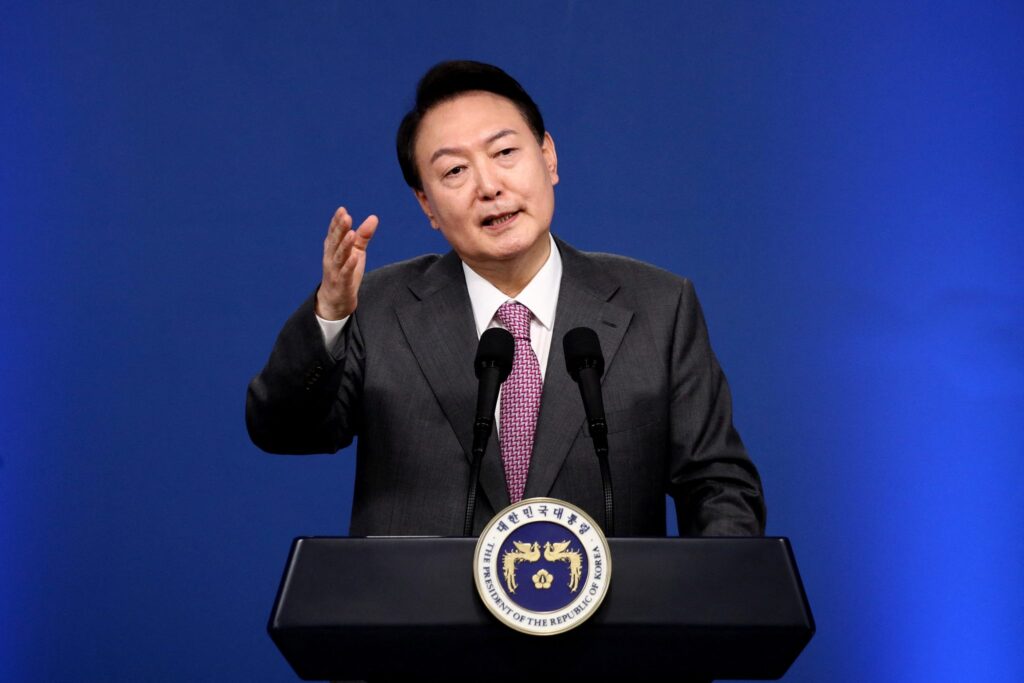
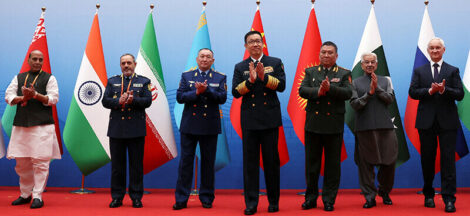
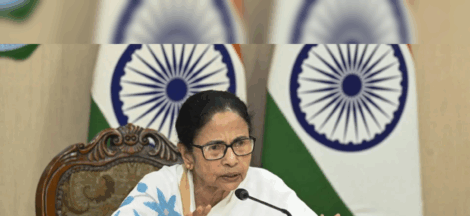
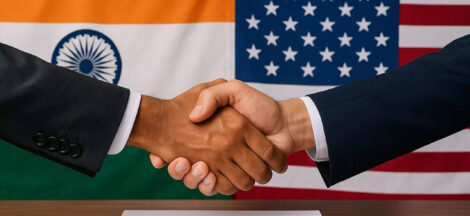
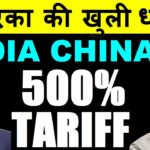 U.S. Pressuring India To Drastically Reduce Imports From Russia In Trade Talks
U.S. Pressuring India To Drastically Reduce Imports From Russia In Trade Talks 